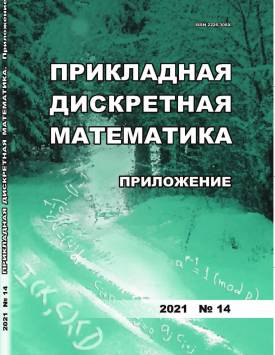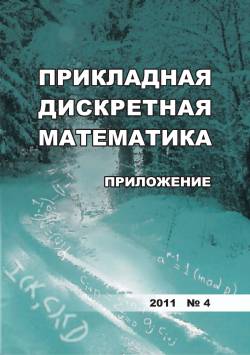Post-quantum lattice-based E-voting for multiple candidates
In recent years, many effective lattice-based cryptographic schemes have emerged, including (fully) homomorphic encryption and a multi-party computation. Such lattice-based schemes are interesting because they are resistant to attacks by a quantum computer. In this paper, an electronic voting scheme is implemented that can efficiently work for multiple voting candidates. Moreover, two voting options are possible: a vote for a single candidate or a vote for any subset of candidates. There are many authorities in the scheme, the vote privacy is preserved in the case when at least one authority remains honest. The scheme is aimed at maintaining the vote privacy and verifiability of the results, therefore, various assumptions are used to comply with other often considered security features of electronic voting, e.g. each authority has the public keys of all admitted voters. The scheme is based on zero-knowledge proofs and a commitment scheme with homomorphic properties. Due to the zero-knowledge proofs, any member of the scheme can verify the voting results.
Keywords
amortized zero-know ledge opening proof, zero-nowledge proof, commitment scheme, e-voting, latticesAuthors
| Name | Organization | |
| Nabokov D.A. | QApp Company | nabokov.da@yandex.ru |
References

Post-quantum lattice-based E-voting for multiple candidates | Applied Discrete Mathematics. Supplement. 2021. № 14. DOI: 10.17223/2226308X/14/21
